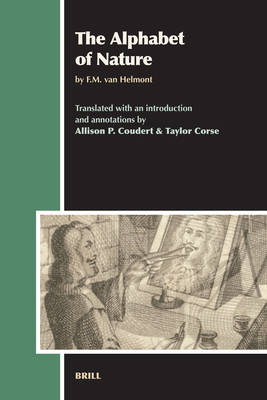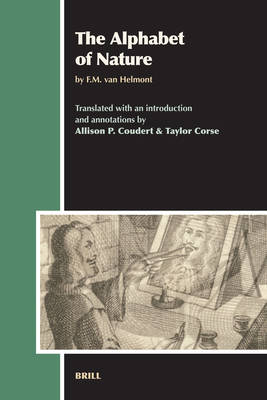
- Afhalen na 1 uur in een winkel met voorraad
- Gratis thuislevering in België vanaf € 30
- Ruim aanbod met 7 miljoen producten
- Afhalen na 1 uur in een winkel met voorraad
- Gratis thuislevering in België vanaf € 30
- Ruim aanbod met 7 miljoen producten
Zoeken
Omschrijving
F. M van Helmont's Alphabet of Nature was one of many books published about language in the early modern period. The "language debate," as it has come to be called, was a topic of compelling interest to major figures such as Reuchlin, Rabelais, Paracelsus, Agrippa, Postel, Boehme, Kircher, Hobbes, Descartes, Comenius, Spinoza, Locke, Boyle, Newton, and Leibniz. At issue were profound questions about whether language is natural or artificial, ordained by God or created by man. The answers given entailed a web of consequences that could lead to arrest, imprisonment, even execution. It is therefore not surprising that van Helmont wrote his book while imprisoned in the dungeons of the Roman Inquisition.
Specificaties
Betrokkenen
- Auteur(s):
- Uitgeverij:
Inhoud
- Aantal bladzijden:
- 216
- Taal:
- Engels
- Reeks:
- Reeksnummer:
- nr. 3
Eigenschappen
- Productcode (EAN):
- 9789004152304
- Verschijningsdatum:
- 11/05/2007
- Uitvoering:
- Hardcover
- Formaat:
- Genaaid
- Afmetingen:
- 160 mm x 240 mm
- Gewicht:
- 628 g

Alleen bij Standaard Boekhandel
+ 674 punten op je klantenkaart van Standaard Boekhandel
Beoordelingen
We publiceren alleen reviews die voldoen aan de voorwaarden voor reviews. Bekijk onze voorwaarden voor reviews.








